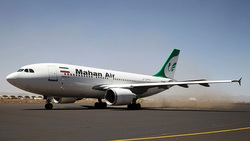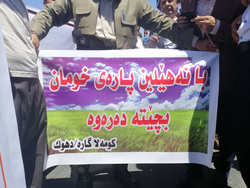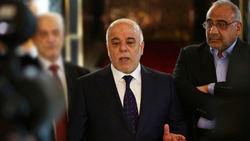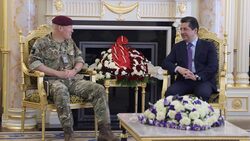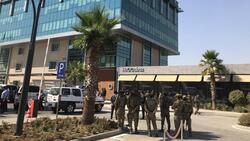Can Najaf, Erbil push Iraq away from the edge of the abyss?
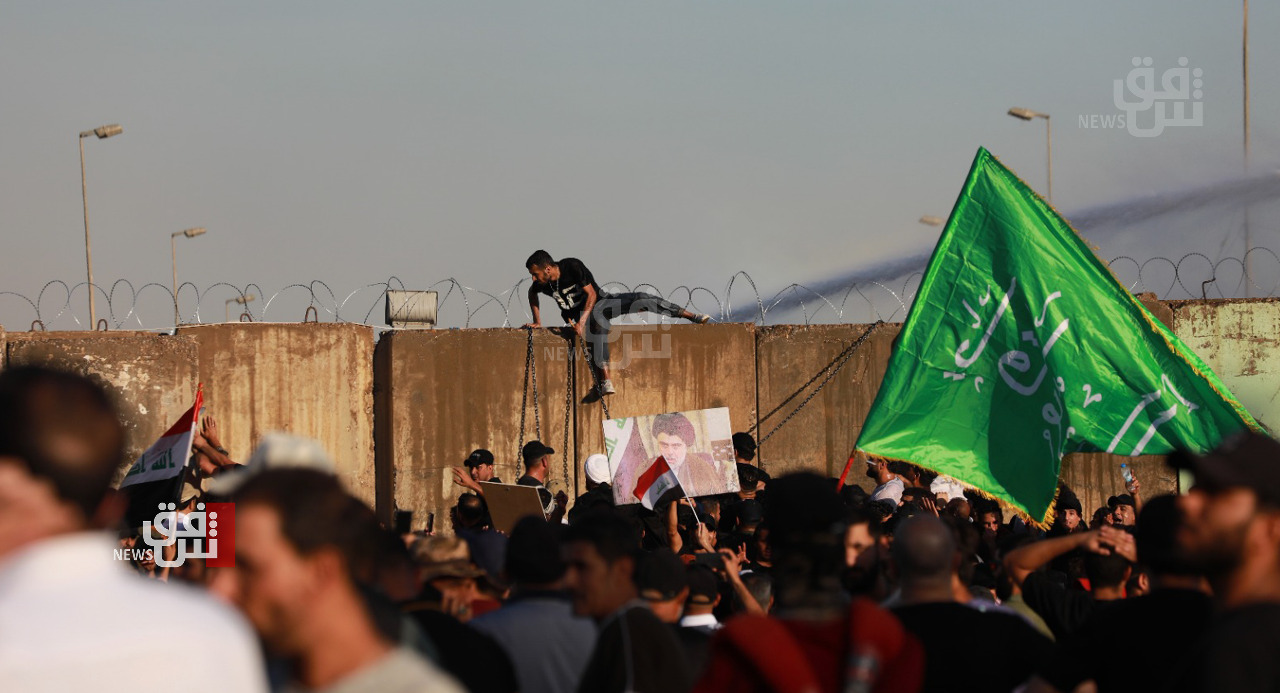
Shafaq News/ Since the parliamentary elections last October, Iraq has been embroiled in a deep political crisis, which reached a climax on Monday when the Shiite arch-foes, the Sadrist movement and Coordination Framework, touched the edge of a civil war in a heated standoff at the walls of Baghdad's Green Zone.
The events of Monday might not be the spark of civil war that many have feared. However, it marks the transition of the rivalry between the two adversaries from a political debate to a tension between two camps with heavy friction on the streets and recriminations flying both ways.
While many view the Supreme Shiite Authority as the "savior" that might cease the tension or, at the very least, prevent the embers from growing into a destructive fire, the President of the Kurdistan Region, Nechirvan Barzani, emerged as a potential caveat with his invitation to both sides of the conflict to Erbil in a quest to contain the crisis.
Nonetheless, even for the most optimistic analysts, the two adversaries are practicing a risky maneuver on edge. Dueling protests between the two major Shiite factions raised the prospect of escalating tensions and plunging Iraq deeper into crisis.
The tussle over who gets to form the next government has sharpened the edges in the Shiite community that has dominated Iraqi politics since the U.S.-led invasion that toppled Sunni dictator Saddam Hussein in 2003. However, the friction was never tense until Monday while the potential mediators seem to be offline. While Washington is seeking solutions for its problems elsewhere after the frustration of Joe Biden's last visit to the Middle East, Ankara is not an ideal candidate for this role following the Turkish attack on Zakho. Tehran cannot also play this role since it is part of the problem for one of the conflicting parties, while Riyadh -of course- does not mind watching Iran struggle.
On Sunday, al-Sadr had egged on his followers inside the parliament, calling for a "revolution" to change the political system, the constitution and abolish his rivals. He urged Iraqi tribes to join him, a message his rivals saw as a call to a coup.
And though the Coalition Framework swiftly urged for a counter-rally, fractures also appeared within its leadership, with some members calling for restraint and others pushing for escalation.
Among those urging control and moderation was al-Fatah Alliance chief Hadi al-Ameri. Immediately, Ahmed al-Mutayri, the head of al-Sadr movement’s political bureau, rejected the call and urged al-Ameri to withdraw from the Coordination Framework.
All Iraqis are currently unsure whether there is still a way to escape this downward spiral or if everything has gone entirely out of hand. While the Coordination Framework accuses the Sadrists of staging a coup attempt, the Sadrists counter that the Framework destroyed the autonomous government idea despite their numerous commitments to support it by choosing al-Sudani as prime minister because they saw him as al-Maliki's candidate.
Overall, according to observers, there are several potential outcomes for the current tense situation, including relying on Erbil and holding an open dialogue, the decisive intervention of the supreme authority to unify the ranks of the Shiite House, or outside interference by western ambassadors who have been essentially operating behind the scenes in recent weeks to try to contain the situation.
While al-Kadhimi's government does not seem to be in a position where it can make a conciliatory effort to end the strife between the two camps, and the absence of international mediators, optimists are betting on a brave last-ditch move from Erbil and Najaf to stop the fireball that could destroy the nation.
